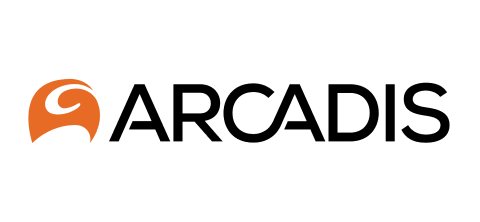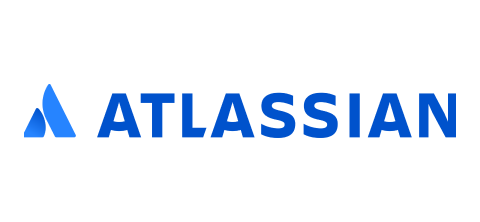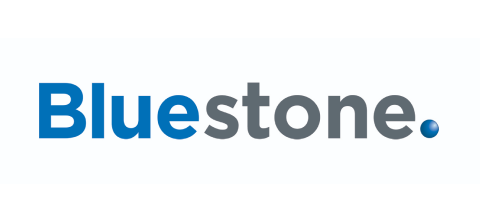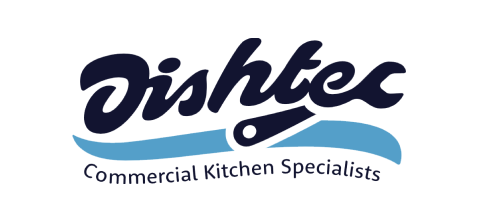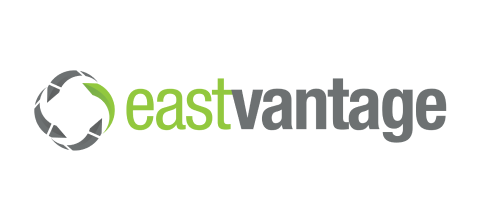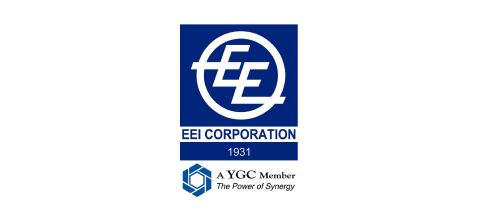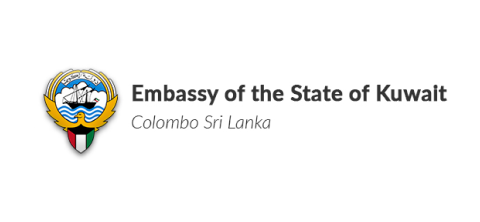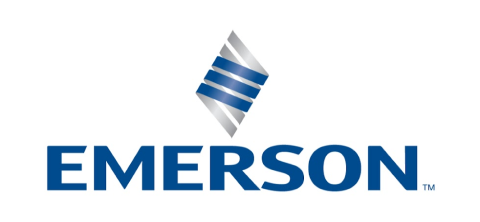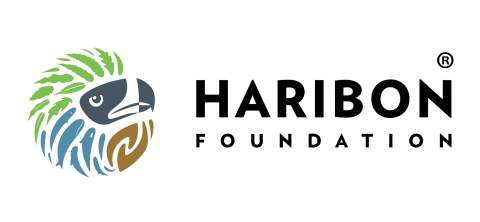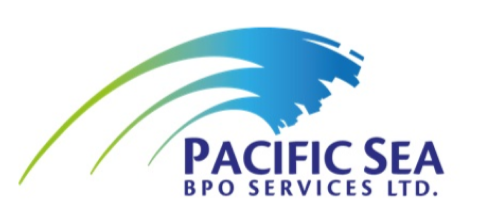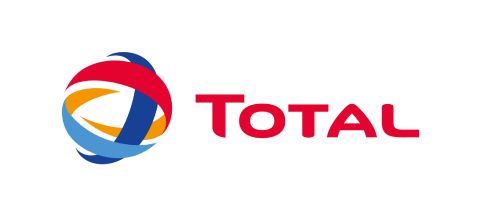Communication is the cornerstone of human interaction. Whether in personal relationships, professional settings, or societal exchanges, effective communication skills are invaluable. Yet, for many individuals, mastering the art of communication remains a daunting challenge. This is where one-on-one coaching for communication skills comes into play. In this blog post, we will delve into the transformative effects of personalized coaching, exploring how it can help individuals unlock their full communication potential. From customized training programs to tailored techniques, we will discover how coaching can accelerate skill development and empower individuals to communicate with confidence and clarity.
Understanding the Need for Effective Communication

Effective communication is not merely about conveying information; it is about connecting with others, fostering understanding, and achieving desired outcomes. In today’s fast-paced world, the ability to communicate effectively has become increasingly essential. Whether it’s delivering a persuasive presentation, navigating conflicts in the workplace, or simply engaging in meaningful conversations, strong communication skills can open doors and drive success.
However, mastering effective communication is not always intuitive. Many factors, such as personal communication style, cultural background, and past experiences, can influence how we communicate. Without proper guidance and support, individuals may struggle to overcome communication barriers and reach their full potential.
This is where coaching for effective communication comes into play. By providing personalized guidance and targeted feedback, coaches can help individuals identify their strengths and weaknesses, develop essential skills, and overcome obstacles that impede their progress. Let’s explore how one-on-one coaching can make a difference in unlocking communication potential.
The Power of One-on-One Communication Training
One of the most significant advantages of one-on-one communication training is its personalized approach. Unlike generic communication workshops or seminars, which often adopt a one-size-fits-all approach, one-on-one coaching allows for individualized attention and tailored strategies.
Customized communication training programs are designed to meet the unique needs and goals of each learner. Whether someone aims to improve public speaking skills, enhance interpersonal communication, or refine their negotiation techniques, a personalized coaching program can address specific areas for development.
Effective coaches understand that communication skills are not static; they evolve over time and require ongoing refinement. Through regular sessions and continuous feedback, coaches guide individuals on their journey towards mastery. By focusing on practical application and real-world scenarios, coaching programs ensure that learners develop skills that are immediately applicable and relevant to their lives and careers.
Moreover, one-on-one coaching provides a safe and supportive environment for experimentation and growth. Individuals can explore new communication techniques, receive constructive criticism, and practice in a judgment-free zone. This nurturing environment fosters confidence and empowers individuals to step out of their comfort zones, take risks, and embrace new communication strategies.
Key Techniques and Strategies for Communication Skill Development

Effective coaching for communication skills encompasses a wide range of techniques and strategies tailored to each learner’s unique needs. While the specific approach may vary depending on individual goals and preferences, several key principles underpin successful communication skill development:
Active Listening: One of the foundational pillars of effective communication is active listening. Coaches help individuals hone their listening skills, teaching them to fully engage with others, empathize with their perspectives, and respond thoughtfully.
Body Language: Nonverbal communication plays a crucial role in conveying messages accurately. Coaches assist individuals in understanding the nuances of body language, such as posture, gestures, and facial expressions, and how they impact communication dynamics.
Assertiveness Training: Learning to assert oneself respectfully and confidently is essential for effective communication. Coaches work with individuals to develop assertiveness skills, enabling them to express their thoughts, opinions, and boundaries assertively and diplomatically.
Conflict Resolution: Conflict is an inevitable aspect of human interaction. Coaches equip individuals with conflict resolution techniques, helping them navigate difficult conversations, manage emotions constructively, and find mutually beneficial solutions.
Presentation Skills: Whether addressing a small group or speaking to a large audience, strong presentation skills are invaluable. Coaches provide practical guidance on structuring presentations, engaging audiences, and delivering messages with clarity and impact.
Emotional Intelligence: Emotional intelligence encompasses the ability to recognize, understand, and manage emotions effectively. Coaches help individuals enhance their emotional intelligence, enabling them to communicate with empathy, build rapport, and forge meaningful connections.
Role-Playing and Simulation: Role-playing exercises and simulations offer a safe and immersive way to practice communication skills in realistic scenarios. Coaches facilitate these activities, providing feedback and guidance to help individuals refine their approach and address areas for improvement.
The Role of Feedback and Reflection
Central to the coaching process is the provision of constructive feedback and opportunities for reflection. Coaches offer insights into individuals’ communication strengths and areas for growth, highlighting specific behaviors and strategies that contribute to effective communication. Through feedback, individuals gain valuable insights into their communication style, enabling them to make targeted improvements and track their progress over time.
Feedback serves as a compass, guiding individuals towards areas where they excel and those that require further refinement. It provides a roadmap for development, helping individuals identify actionable steps they can take to enhance their communication skills. By receiving feedback from a knowledgeable and experienced coach, individuals gain clarity on their strengths and weaknesses, enabling them to focus their efforts on areas with the greatest potential for growth.
Moreover, feedback fosters a culture of continuous learning and improvement. Rather than viewing feedback as criticism, individuals learn to embrace it as an opportunity for growth and development. With each piece of feedback received, individuals gain new insights and perspectives, enriching their understanding of effective communication principles and techniques.
Reflection is equally essential in the communication skill development journey. Coaches encourage individuals to reflect on their communication experiences, identify patterns and trends, and set goals for future growth. By fostering self-awareness and introspection, reflection empowers individuals to take ownership of their communication development and make continuous strides towards improvement.
Reflection encourages individuals to pause and consider their communication interactions thoughtfully. By examining past experiences, individuals can identify recurring challenges, patterns of behavior, and areas for improvement. Through reflection, individuals gain a deeper understanding of their communication strengths and weaknesses, enabling them to make informed decisions about their development priorities.
Furthermore, reflection provides an opportunity for individuals to celebrate their successes and acknowledge their progress. By recognizing how far they’ve come on their communication journey, individuals gain confidence and motivation to continue pushing themselves towards mastery. Reflection serves as a source of inspiration, reminding individuals of their potential and fueling their determination to achieve their communication goals.
In summary, feedback and reflection are integral components of effective communication skill development. By providing valuable insights and fostering self-awareness, feedback guides individuals towards targeted improvements, while reflection empowers them to take ownership of their development journey. Together, feedback and reflection create a dynamic and supportive environment for individuals to unlock their full communication potential and thrive in their personal and professional lives.
Overcoming Common Challenges in Communication Skills Development
While coaching can be highly effective in enhancing communication skills, individuals may encounter various challenges along the way. Some common obstacles include:
Fear of Failure: Many individuals fear making mistakes or being judged negatively, which can hinder their willingness to take risks and experiment with new communication techniques. Coaches create a supportive environment where individuals feel encouraged to step outside their comfort zones and embrace learning opportunities.
Resistance to Change: Change can be uncomfortable, particularly when it involves breaking old habits and adopting new behaviors. Coaches help individuals navigate resistance to change by emphasizing the benefits of skill development and providing encouragement and support throughout the process.
Time Constraints: Busy schedules and competing priorities can make it challenging to commit to regular coaching sessions and practice activities. Coaches work with individuals to develop manageable action plans and prioritize communication skill development amidst other responsibilities.
Lack of Confidence: Low self-confidence can undermine individuals’ belief in their communication abilities, leading to hesitancy and self-doubt. Coaches employ strategies to boost confidence, such as positive reinforcement, goal setting, and celebrating milestones and achievements along the way.
Conclusion
In conclusion, effective coaching for communication skills offers a transformative journey towards unlocking individuals’ full potential. Through personalized one-on-one training programs, tailored techniques, and targeted feedback, coaching empowers individuals to communicate with confidence, clarity, and impact. By addressing specific areas for development and fostering a supportive learning environment, coaching accelerates skill development and equips individuals with the tools they need to succeed in diverse personal and professional contexts. Whether navigating challenging conversations, delivering compelling presentations, or building strong relationships, mastering effective communication is key to achieving success and fulfillment in today’s interconnected world. Unlock your potential today with coaching for effective communication.
Enroll Now!
Ready to elevate your business communication skills? Join American English Skills Development Center Inc. 🚀🇺🇸
Unlock your professional communication potential with our tailored training programs. Our expert instructors guide you through real-world scenarios, ensuring confidence and competence in any corporate setting. 💼✨
👍📝Experience the benefits of our practical approach—honing speaking, writing, and presentation skills. Whether executive or entrepreneur, our courses empower impactful communication for success in every career facet. 💼📸🎥
Don’t miss this chance to excel in the corporate world. Take the first step toward proficiency today! 🎯 Enroll now at American English Training and Development Center, Inc. Your journey to professional success starts here!
Visit www.americanenglish.ph to discover how our practical English training propels you to success! 💼✨





